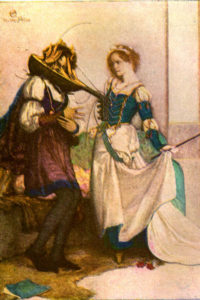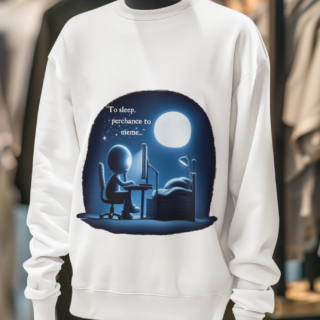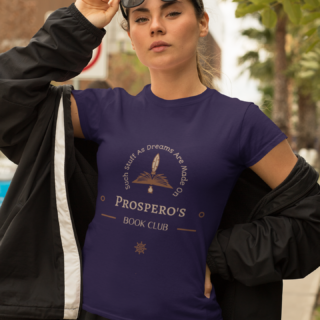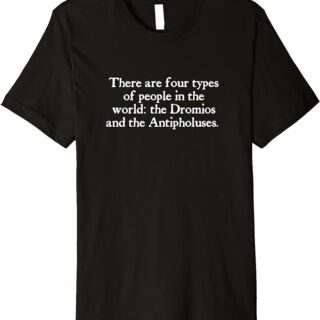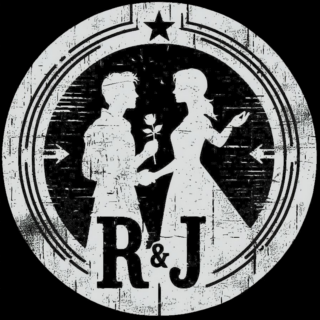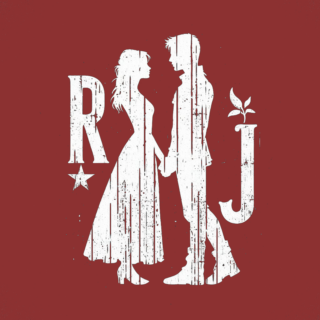…If you love me, I’ll always be in your heart; if you hate me, I’ll always be in your mind.
This is another quote that falls victim to “Shakespeare said” syndrome, where somebody decides to tack those two magical words onto an otherwise unattributed quote to make it sound better. And, of course, they stick.
I’d never heard this quote, and it doesn’t make particular sense to me (would you really want to be constantly on someone’s mind if they were just constantly relishing in the hatred they had for you?), but it’s apparently very popular on the SMS circuit. I can’t tell you how many shorthanded, randomly spelled versions of it I saw when I went searching for an original.
No idea where it came from. This is the sort of quote that could well have been written by some 13-year-old on MySpace who’d just broken up with her boyfriend. We’ll never know.

